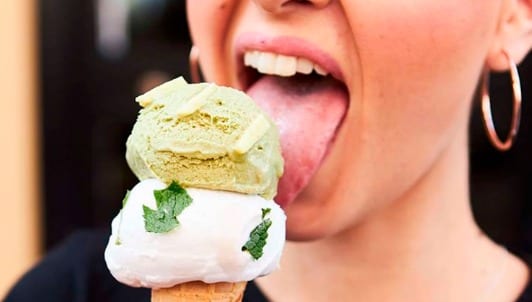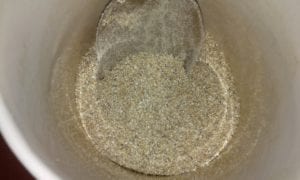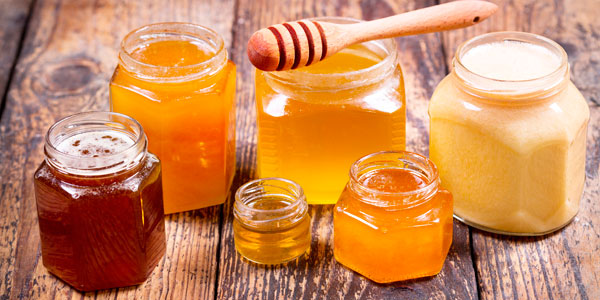As you may have seen, the pandemic has increased citizens' concern for health and for having a good diet. In addition, having been at home many people have chosen to start eating healthier meals and to spend more time with themselves. Recently, a study published by the Association for Media Research (AIMC) has confirmed all this and has provided some really surprising data such as, for example, our new pandemic quirks. To discover them continue reading with us.
Pandemic whims, the good snack
AIMC Brands It is a type of study carried out by AIMC that provides extensive information on the consumption of brands and products in relation to the media audience. This time he has been in charge of revealing the concerns of Spanish consumers regarding their eating habits after the pandemic.

The Covid-19 health crisis has caused the Spanish population to have greater concern about the concept of health when consuming goods and services. For example, with a growth in products that are good for health (74,3% say so), those who "They take care of the inside" (29,8%) or those who "Have a homemade flavor" (41,7%). They also have a greater predisposition to avoid or limit certain products: 67,8% try not to consume ultra-processed foods and 52,4% avoid those with preservatives, colorants or additives.
Also, the pecking, One of the preferred actions of the population of Spain, due to or thanks to the pandemic, has increased enormously. In fact, yogurts (81%), ice creams (77,2%), nuts (75,7%), packaged potato chips (65,3%) and chocolate bars (64,7%) they have grown several points compared to 2019.

Do you know what the new pandemic trends are?
Among the new food trends this year, after everything that happened, the interest in new products and ingredients that favor the health and well-being of consumers stands out. Also those that invite you to enjoy new experiences in your daily diet. For example, products like Quinoa (32,1%), the kefir (17,2%) or the tofu (17,2%). These have been acquired and consumed by respondents to the AIMC study sometime this past year.
Likewise, the consumption of beverages at home has also increased considerably. Especially the alcoholic beer (41,7%), with an increase of about 8% compared to the previous year. It is followed close behind by wine, with 37,5%, although people who consume it at home fell 1,6 points compared to the previous year. Other beverages that have experienced strong growth in consumption at home have been the vermouth or the Geneva, which has risen by 25,1% compared to the figure registered the previous year.

Make the purchase online, a simple action that takes force
Go shopping it is an unavoidable action in people's lives. Of course, we prefer to do it the fewer times the better. The study of AIMC Brands It has also revealed that the process of going to the supermarket has decreased by 8,5%. Obviously, this is closely related to the rise of performing the Buy online. Even in products more associated with traditional shopping, such as food, grocery or fresh products.
And also to food delivery orders. Regarding age, it is young people aged 20-24 (61,4%) and 25-34 years (67,9%) who most request this type of service and, especially, in large cities more than 500.000 inhabitants, according to what 50,1% of those surveyed in this group affirm. Among the different possible options, the most chosen was the restaurant's own delivery service (25,8%), followed by the request through other distributors, such as Just Eat, Glovo, Uber Eats, etc.
In conclusion, the population is capable of adapting to all kinds of situations. In the same way, customs that are acquired in a certain period can benefit us later. How to put our first pandemic whims, either with some delicious chocolate bars or drinking a delicious beer. Or maybe making the purchase from our home. And you, what do you think of the study? Do you see yourself represented in any way?






